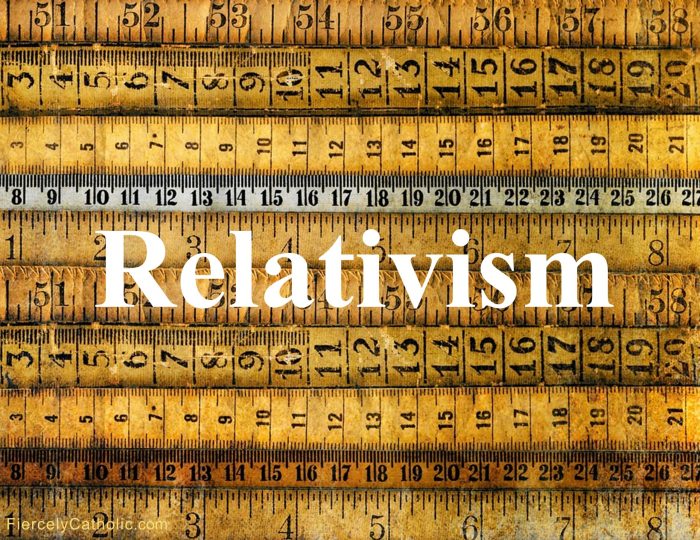A secularist believes in absolute truth. This assertion may seem paradoxical, as secularism is often associated with the rejection of religious dogma and the embrace of relativism. However, a closer examination reveals a more nuanced relationship between secularism and the concept of absolute truth.
Secularism, as a philosophical and political ideology, emphasizes the separation of religion from the state and public life. It advocates for the neutrality of the state in matters of religion and the freedom of individuals to hold and practice their beliefs without interference from the government.
Secularism and Truth

Secularism refers to the separation of religion from state and society, promoting a neutral stance towards religious beliefs. It emerged as a reaction against religious influence in public affairs and aimed to establish a society where individuals could practice their faith without state interference or coercion.
Historically, secularism has evolved alongside the Enlightenment and the rise of scientific rationalism. It has played a significant role in shaping modern societies, leading to the separation of church and state, the development of public education systems, and the recognition of individual rights and freedoms.
Secularist societies approach religious diversity in various ways. Some adopt a strict separationist approach, limiting religious expression in public spaces. Others embrace a more inclusive approach, allowing for religious practices within certain boundaries.
Absolute Truth and Secularism
Absolute truth refers to the belief in a single, unchanging, and objective reality. In religious contexts, absolute truth is often associated with divine revelation or dogma.
Secularism challenges the notion of absolute truth by emphasizing the provisional and subjective nature of human knowledge. It argues that our understanding of the world is constantly evolving and that there is no single, definitive answer to all questions.
This tension between secularism and the pursuit of objective knowledge has led to ongoing debates about the limits of human reason and the role of faith in a secular society.
Implications for Society

Secularism’s rejection of absolute truth has significant social and political consequences. It has contributed to the decline of religious authority and the rise of individual autonomy.
Secularism has also impacted moral values and ethical decision-making. Without the guidance of religious dogma, individuals must rely on their own reasoning and moral compass.
Furthermore, secularism plays a crucial role in promoting tolerance and pluralism by encouraging respect for different beliefs and lifestyles.
Alternative Perspectives

There are diverse perspectives on the relationship between secularism and absolute truth.
Some argue that secularism is compatible with absolute truth, maintaining that objective knowledge can be acquired through scientific inquiry and rational thought.
Others contend that secularism undermines the possibility of absolute truth, arguing that without the foundation of divine revelation, human knowledge is inherently fallible and subjective.
FAQs: A Secularist Believes In Absolute Truth.
What is the main argument of those who believe that secularism is compatible with absolute truth?
They argue that secularism simply provides a framework for the separation of religion and state, and does not preclude the existence of objective moral truths or the pursuit of knowledge through rational inquiry.
What is the main argument of those who believe that secularism undermines the possibility of absolute truth?
They argue that secularism’s rejection of religious authority and its emphasis on individual autonomy lead to a relativism where all beliefs are equally valid, making the concept of absolute truth untenable.